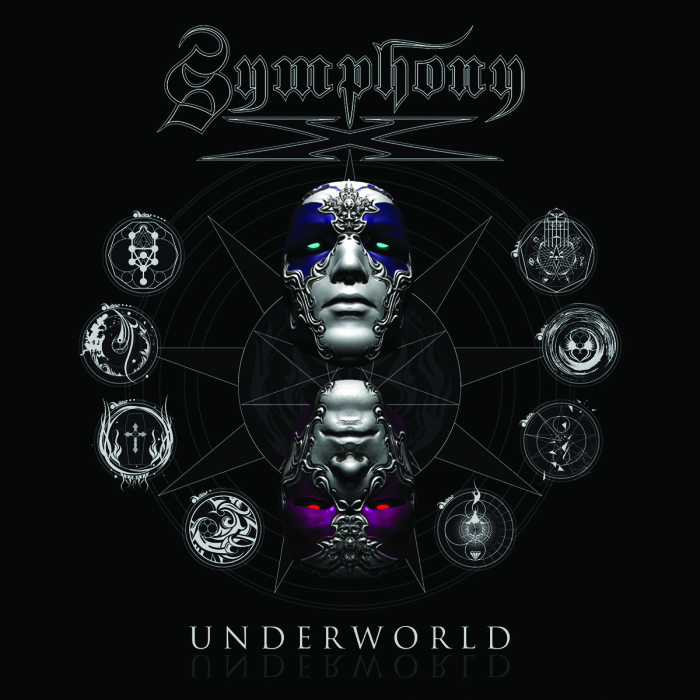
Review by David Rosales
Symphony X has quite a following in the progressive power metal scene and has had such mainstream success in the technical musicians camp that almost each of the individual members of the band has his own little cult going on. In its very beginnings, the band leaned towards the so-called neoclassical stylings of ’80s melodic heavy metal. A few albums later, a clear progressive music orientation had crept in. All the while, the band retained a relatively original voice centered in Michael Romeo’s signature licks and Russell Allen’s distinctive vocalizations.
The band followed this course steadily up to their 2002 album titled The Odyssey, which seemed to crown their ever-ascending incursion into a world of structural complexity which tried to keep the music catchy nonetheless. The failure of Symphony X as a band may have to do precisely with this inability to fully compromise on a clear artistic path, choosing instead to use technique as a gimmick that attracts dorm-room guitarists and pop singability with a touch of gospel that makes casual listeners acknowledge the band and perhaps open up their wallets occasionally.
After what seemed like the inevitable end of a journey for Symphony X, 2007 saw them coming back with Paradise Lost, which set a much darker and simpler tone to their music. Unfortunately, like most music of this sort, atmosphere is only skin deep, and the meat and core of the music continued to consist of disguised syncopations, clever groovy riffs with little thematic potential. The album was supported by a 3D music video vaguely illustrating the concept on which the album was supposed to be based. This mildly succeeded in attracting the superficially-minded who did not consider this to be on par with the graphics displayed in their Playstation games, and in pissing off serious art aficionados who cringed at the Hollywoodization of the classic story.
Symphony X took another four years to release their next album, Iconoclast, a massive oeuvre that could not be contained in one compact disc and had the audience yawning after 3 or 4 songs. By this time, it was fairly obvious that the band was beating a dead horse. The band wasn’t heading in any direction, nor was it keeping up in content — it was just a rehashing of riffs around whatever lyrics they came up with. The dumbed-down approach of the new era was prevalent but there was a deliberate intention of concealing it under longer songs and slower developments in tracks not intended for radio airtime.
Underworld in 2015 is the very reflection of an artistically defunct band. As butter scraped over too much bread, only a mere wraith of what the soul-infused band used to be remains. A collection of band cliches accumulated over the year rears its head in different postures and attitudes throughout the album while rather miscellaneous expressions form bridges between Romeo axe winks and Allen’s one-shoulder-shrugging, lip-biting, sensual diva outbursts. Taking the album for what it is (a professional metal pop collection of cool moments put together by very talented musicians) instead of for what it isn’t (an artistic achievement), Underworld shines bright in its hard rock firmly grounded in African American voices. Michael Romeo flashes solos that are worthy of mention in any guitar forum and have a well-earned place in the technical etudes of any student of the metal instrument.
The potpourri character of this album in combination with the adroit aloofness of the songwriting seems to indicate a secretive acknowledgement that the band knows this is the end of the road. The song titles and song lyrics towards the end of the album seem to reinforce this theory. After a relatively successful pop metal career and a couple of bill-paying, drowning-man albums towards the end, this seems like the appropriate place to retire with some dignity left.
Tags: 2015, mainstream metal, power metal, progressive metal, symphony x, underworld

